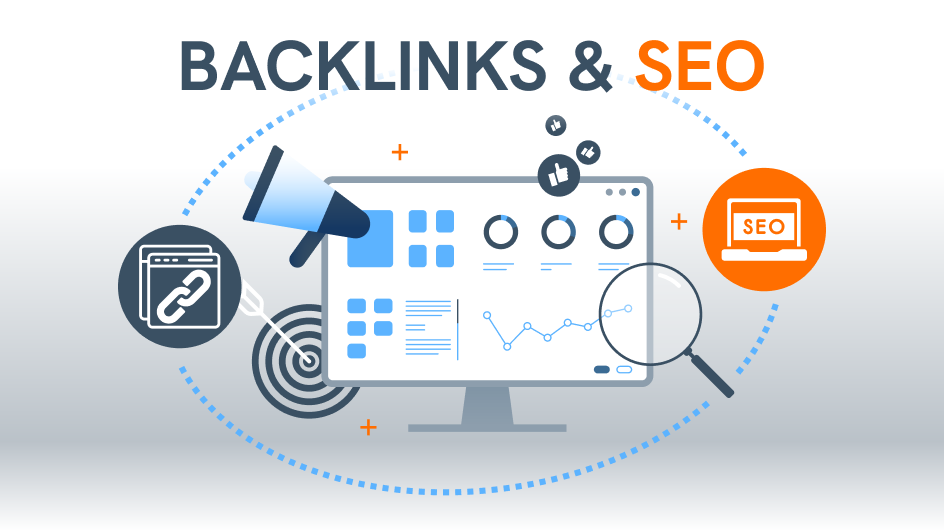
In digital marketing, one of the most influential factors for ranking a website is the use of backlinks. If you are new to search engine optimization, you might wonder: What are backlinks in SEO, and why do they matter so much? This guide explains their importance, different types, and how you can build them effectively.
What Are Backlinks?
Its simply a link from one website to another. When another site includes a hyperlink to your content, that link is considered a backlink. For example, if a news portal or a popular blog mentions your article and links to it, that counts as a backlink.
Search engines view backlinks as signals of trust and relevance. The more credible websites that link to your pages, the more confidence search engines have in ranking your content higher.
Why Does It Matter?
It is one of the strongest ranking signals for Google and other search engines. Here’s why they are so valuable:
Improved Rankings
Websites with strong backlinks tend to rank better in search results.
Referral Traffic
Users who click on links from other sites land on your website, bringing potential customers.
Authority & Credibility
A mention from a respected site acts like a vote of confidence, strengthening your brand reputation.
Faster Indexing
It helps search engine crawlers discover your site more quickly.
Different Types of Backlinks
Not all are the same. Some carry more weight than others:
Do-Follow Links – These pass SEO value and directly influence rankings.
No-Follow Links – These don’t pass link authority but can still bring traffic.
Editorial Links – Naturally earned mentions when another site finds your content valuable.
Guest Post Links – Added when you contribute an article to another website.
Directory or Forum Links – Less powerful, but can help with visibility.
Quality vs. Low-Quality Links
It’s not about collecting as many backlinks as possible, but about earning the right ones.
High-Quality: Reputable websites, are contextually relevant, and use natural anchor text.
Low-Quality: Spammy or irrelevant sites, often created just to manipulate rankings.
Google penalizes websites that rely on unnatural or spammy linking practices, so it’s better to focus on quality over quantity.
How to Build Backlinks Effectively
Here are some proven methods to earn strong backlinks:
Create Valuable Content – Content that answers questions or provides unique insights naturally attracts links.
Guest Blogging – Writing for other sites in your niche allows you to include a backlink.
Broken Link Building – Reach out to sites with broken links and suggest your content as a replacement.
Skyscraper Method – Improve on existing popular content and share it with relevant audiences.
Networking – Build relationships with industry leaders, bloggers, and influencers.
How Many Backlinks Do You Need?
There’s no magic number. A handful of high-quality links from trusted websites can outperform hundreds of low-value ones. The goal should be consistent, organic growth rather than aggressive link building.
Tracking
SEO tools such as Ahrefs, Moz, or SEMrush can help you monitor backlinks. You can track:
Number of referring domains
Authority of linking sites
Anchor text usage
Link growth over time
This helps refine your link-building strategy.
Conclusion
So, what are backlinks in SEO? They are links pointing to your website from other sites, working as endorsements that improve visibility, and rankings, When built correctly, backlinks are a cornerstone of SEO success.
Focus on earning genuine, high-quality links by producing valuable content and engaging with your industry. these efforts will strengthen your site’s credibility and bring in sustainable search traffic.
In short, backlinks in SEO are the bridge between your website and the wider web. They connect your content to audiences you might never reach on your own.




